Sustainable Coffees
At Hub Coffee we believe in the importance of doing good in the world, giving back to those in need and protecting the world we live in, which is why we offer a diverse range of sustainable coffee, available to order online and delivered straight to your door.
Showing all 3 resultsSorted by price: high to low
Showing all 3 resultsSorted by price: high to low
Why is Sustainable Coffee Important?
Sustainability is all about meeting our own needs without compromising the needs of future generations. It’s more than just protecting natural resources and the environment around us, but also provides the opportunity for social equality and economic development.
In terms of producing sustainable coffee, the coffee beans are farmed in a way that protects nature, then traded at a fair price that improves the lives of the communities who grow and process it.
Environmentally Sustainable Coffee
Climate change is one of the biggest challenges facing the world today, and we are all responsible for reducing our carbon footprint.
Coffee is generally farmed in tropical regions that are home to some of the world’s most important forests in terms of nature and biodiversity. Coffee farming requires vast plots of land which can lead to large scale deforestation. This not only destroys the habitats of indigenous plants and creatures but also contributes to climate change as tropical forests play a large part in converting Co2 in the atmosphere back to oxygen.
Climate change leads to extreme weather patterns causing droughts and flooding, which can, in turn, destroy crops. With no crops to sell on, farmers are unable to make a living and can no longer sustain their businesses. It’s therefore in the coffee farmers best interest to embrace sustainable coffee farming methods.
Sustainable coffee farming best practices include reusing coffee husks as heating fuel and minimising water consumption by filtering water from fermentation tanks and using it to water the crops.
Socially Sustainable Coffee
Coffee is primarily farmed in developing countries that have high poverty levels and poor infrastructure. Coffee prices are notoriously volatile, which puts coffee farmers, their families and workers in an extremely vulnerable position, as when coffee prices drop they may be unable to access food, healthcare and education. By joining coffee cooperatives and engaging with the Fairtrade movement coffee farmers can guarantee a fair price for their sustainable coffee beans, as well as apply for grants and training that will help improve their business and way of life.
Sustainable Coffee Certifications
There are a number of globally recognised accreditation and certification schemes that promote sustainable coffee practices, making it easier than ever for consumers to choose products that they can trust are ethically produced.
Fairtrade Coffee
The Fairtrade movement was established in the 1980s in response to a coffee farming crisis in which global coffee prices collapsed leaving many Mexican coffee farmers and their families homeless.
Today, when you choose a Fairtrade coffee you’re ensuring the coffee farmers are paid at least the minimum Fairtrade price for their sustainable coffee beans which covers the cost of production, providing a safety net when market prices fall below a workable level. Fairtrade coffee farmers also receive additional funding to help enhance their productivity and the quality of their beans, improving their profitability and therefore their quality of life.
Soil Association Organic Coffee
Organic coffee farming is all about working with nature rather than against it. By reducing our reliance on chemical pesticides and fertilizers we create a more biodiverse and sustainable environment. Using natural products also helps to improve the quality of the soil, which improves absorption and prevents erosion, protecting the coffee crop from extreme weather.
Rainforest Alliance Certified Coffees
The Rainforest Alliance is an international non-profit that works with businesses and agriculture to protect forests, improve the livelihoods of forest communities and mitigate the challenges caused by climate change.
Buying Sustainable Coffee
When choosing a sustainable coffee brand you need to look at more than just the provenance of the beans as there are many other factors that affect the sustainability of the product.
Sustainable Coffee Packaging
Like any other fresh food product, coffee degrades and goes stale over time. In order to preserve the flavours of the coffee and guarantee a long shelf life, it’s essential that the beans are packaged and sealed within a non-porous material that prevents oxygen from entering the bag and ruining the beans.
Most coffee packaging is crafted from foil and plastic with a one-way valve that allows gas generated from roasting to escape from the bag, without letting oxygen back in. Separating the foil and plastic is virtually impossible and therefore the bags cannot be commercially recycled, meaning most coffee bags sadly go to landfill.
However, over the past few years, sustainable coffee companies have been working hard to come up with recyclable and biodegradable alternatives to traditional foil-lined packaging. Some coffee brands offer paper-based 100% biodegradable packaging, whilst others have moved to a low-density polyethylene plastic that can be widely recycled.
When buying sustainable coffee simply look out for the mobius loop recycling logo or the seedling compostable logo on the side of the bag.
Sustainable Coffee Shipping
As coffee can only be successfully grown in tropical climates, there will always be an element of carbon produced from shipping that is unavoidable. However, coffee companies can make improvements elsewhere that will keep the journey from farm to cup as short as possible. For example, by using a roastery in the country where the coffee will be consumed, rather than shipping the beans further afield to be roasted, before bringing them back to the UK to be consumed.
Best Sustainable Coffee Brands
Underdog Coffee
With a focus on ethical practices, fairtrade, organic and everything good, Underdog Coffee prides itself on being straightforward, honest and listening carefully to its customers.
Underdog ensures all their coffee is of the highest quality, sourcing the best quality sustainable coffee beans with an SCA score of 80+, then roasting regularly in small batches.
Café Bonté Sustainable Coffee
Café Bonté is on a mission to provide great coffee experiences outside the coffee shop, whether that be from home, the office, or even your retail business.
The Café Bonté range includes a range of sustainable coffees available as whole bean and pre-ground filter coffee. You will find a selection of coffee options with ethical certifications within the Café Bonté range, as well as the popular Triple Certified blend.
Ethical Coffee FAQs
Is Fairtrade Coffee Sustainable?
Yes – environmental protection, economic and social sustainability play a huge part in fairtrade coffee standards. Organisations engaged with a fairtrade coffee scheme are also encouraged to take part in training that offers advice on environmentally friendly practices and how to adapt to climate change and mitigate their impact.
Can I Recycle Coffee Bags?
Sometimes – it all depends on the materials used in the coffee bag. Traditional plastic bags with a foil lining sadly cannot be recycled, but there are many other modern alternatives out there that can either be recycled or composted. Check the side of the bag for a recycling or compostable logo.
What are Direct Trade Coffee Beans?
Direct trade is a type of coffee sourcing whereby coffee roasters purchase beans directly from the farmer, unlike fairtrade coffee which is purchased by a cooperative.
The biggest benefit of direct trade is that it empowers producers and enables them to charge more for a better quality product.
However, there are also many challenges to direct trade, especially when it comes to contracts and payments. Agreements may fall through, there may be miscommunications, rogue traders and unpaid bills. By joining a fairtrade co-op producers are protected against the challenges that arise from direct trade as the cooperative will deal with all the legalities, financials and paperwork, as well as ensuring the coffee farmer is paid a fair price.
What is Shade Grown Coffee?
Traditionally coffee was grown in tropical areas beneath the shade of other trees that provided protection from direct sunlight.
However, in the 1970s more sun tolerant plants were developed that could be grown in higher density in wide-open spaces and produced higher yields. Sadly this resulted in widespread deforestation of tropical rainforests, destroying natural ecosystems, and also reduced the quality of the soil through overexposure to the sun.
As the demand for most sustainable coffee grows, many farmers are returning to the traditional farming methods including shade-grown coffee. Farmers create a canopy of assorted trees that shade the coffee plants from the sun and promote the natural ecology of the area.

